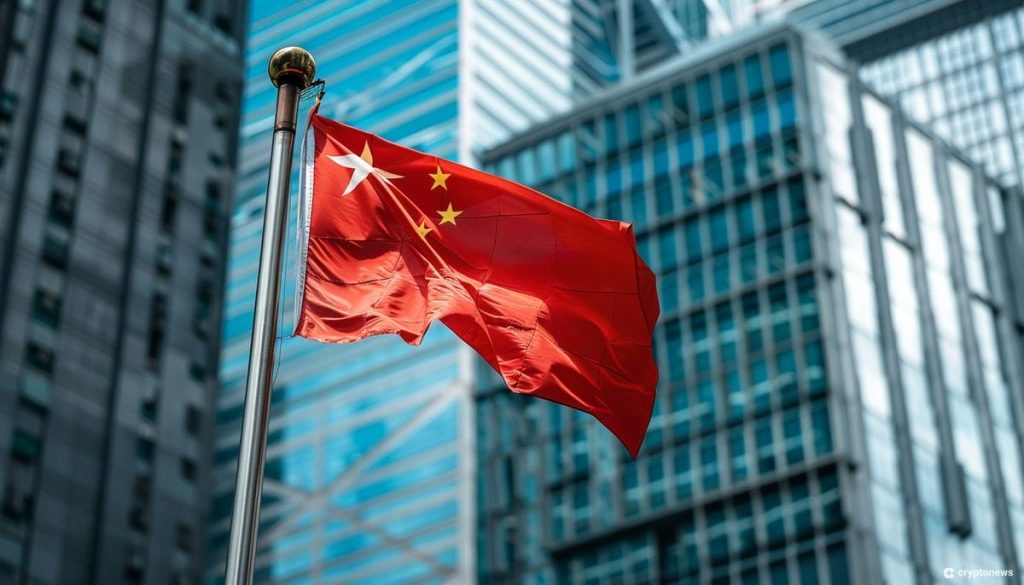OKX, a prominent cryptocurrency exchange, recently announced the withdrawal of its Virtual Asset Service Provider (VASP) license application in Hong Kong, along with ceasing to provide trading services to residents. This decision follows similar moves by Gate.io’s Hong Kong affiliate, HKVAEX, and Huobi HK, who have also withdrawn their VASP applications from the Hong Kong Securities and Futures Commission. In the company’s statement, they mentioned the decision was made after careful consideration of their business strategy, but did not provide further details. To comply with local regulatory requirements, OKX will stop offering centralized crypto exchange services to Hong Kong residents by May 31, ensuring users that their funds will remain safe.
OKX has set a deadline of August 31, 2024, for customers to withdraw their assets to self-custody wallets or third-party platforms, beyond which direct withdrawals or transfers will not be possible. Any remaining balances after this deadline will be treated as unclaimed property according to OKX’s terms of use. Despite discontinuing centralized exchange services in Hong Kong, OKX assured customers that its OKX Web3 self-custodial wallet would still be available to local users and would not be affected by this decision. The company’s decision to withdraw its application comes amidst Hong Kong’s implementation of a licensing regime for cryptocurrency service providers, with regulations taking effect in June 2023.
Hong Kong’s Legislative Council passed an amendment in December 2022, requiring all regional crypto exchanges to acquire an operational license. Exchanges that failed to apply for a license were instructed to halt their services by May 31, 2024. OKX had initially submitted its VASP application to the Hong Kong Securities and Futures Commission (SFC) on November 16, along with many other global exchanges seeking retail trading licenses. The SFC had been reviewing applications from significant players in the industry, such as OKX, Bybit, Bullish, and Crypto.com. Despite withdrawing from Hong Kong, OKX has continued its operations in other jurisdictions, having obtained a VASP license in Dubai earlier this year and expanding services to Turkey and Australia more recently.
The cryptocurrency exchange landscape is rapidly evolving as regulatory requirements and compliance measures are being introduced in various regions worldwide. OKX’s decision to withdraw its application for a VASP license in Hong Kong reflects the challenges and complexities faced by exchanges in navigating these regulatory frameworks. As the industry matures, exchanges must adapt to changing regulations while ensuring the safety and security of user funds. OKX’s move to prioritize compliance with local regulations underscores the importance of regulatory adherence in the cryptocurrency space, where regulatory clarity and compliance are crucial for long-term sustainability and growth.
With the deadline for compliance with Hong Kong’s new licensing regime approaching, OKX’s withdrawal from the region signifies the impact of regulatory requirements on crypto exchanges. The need for exchanges to obtain operational licenses and comply with regulatory standards is becoming increasingly essential as governments worldwide seek to regulate the cryptocurrency industry. OKX’s decision to cease centralized exchange services in Hong Kong while maintaining its self-custodial wallet offering demonstrates a strategic shift towards regulatory compliance and operational efficiency. As the regulatory environment surrounding cryptocurrencies continues to evolve, exchanges must proactively engage with regulatory authorities and adapt their business models to ensure compliance and sustainability in the long run.
Ultimately, OKX’s withdrawal from the Hong Kong market and cessation of centralized exchange services reflect the broader trend of regulatory developments shaping the cryptocurrency industry globally. As authorities worldwide introduce licensing requirements and regulatory frameworks for crypto service providers, exchanges must navigate a complex landscape of compliance obligations and regulatory expectations. OKX’s decision to prioritize regulatory compliance and cease centralized exchange operations in Hong Kong underscores the company’s commitment to adhering to regulatory standards and ensuring a safe and secure trading environment for users. Moving forward, exchanges will need to continue to monitor and adapt to evolving regulatory landscapes while maintaining operational efficiency and user trust in an increasingly regulated industry.


